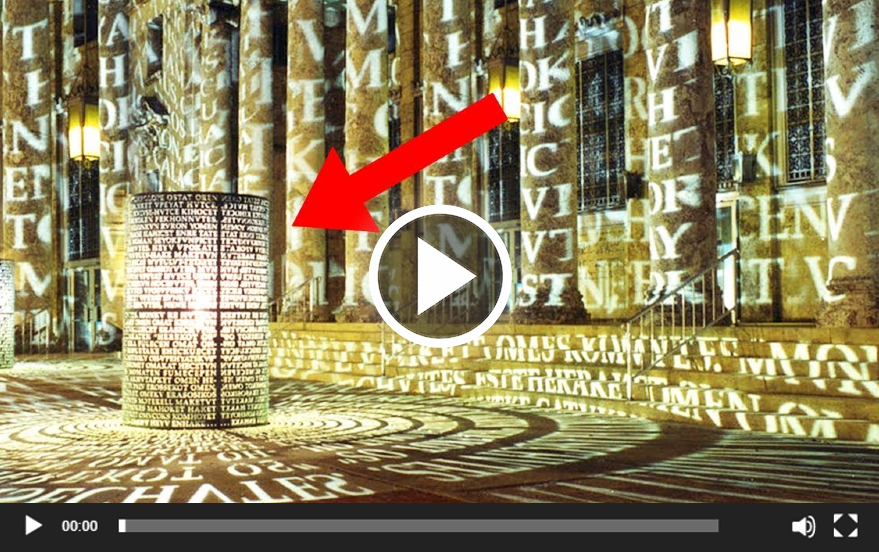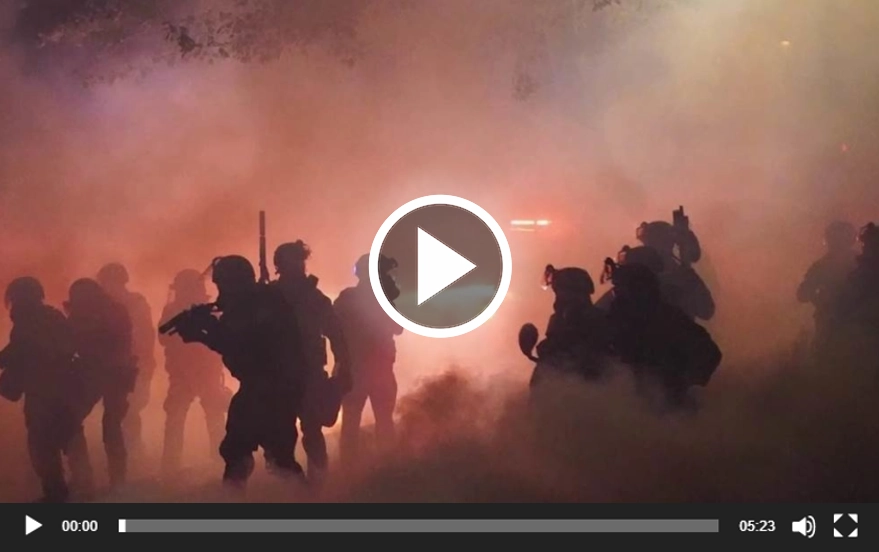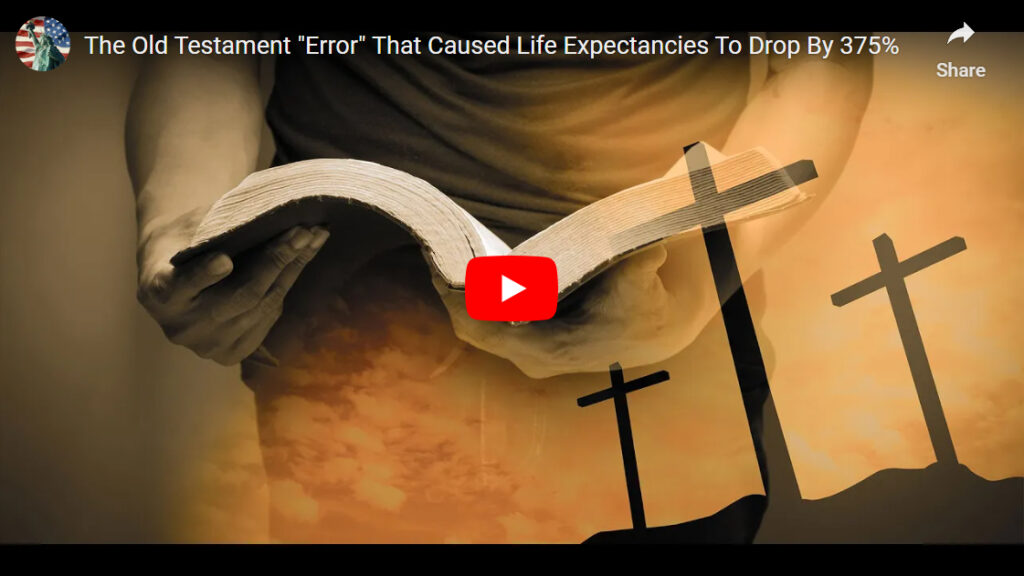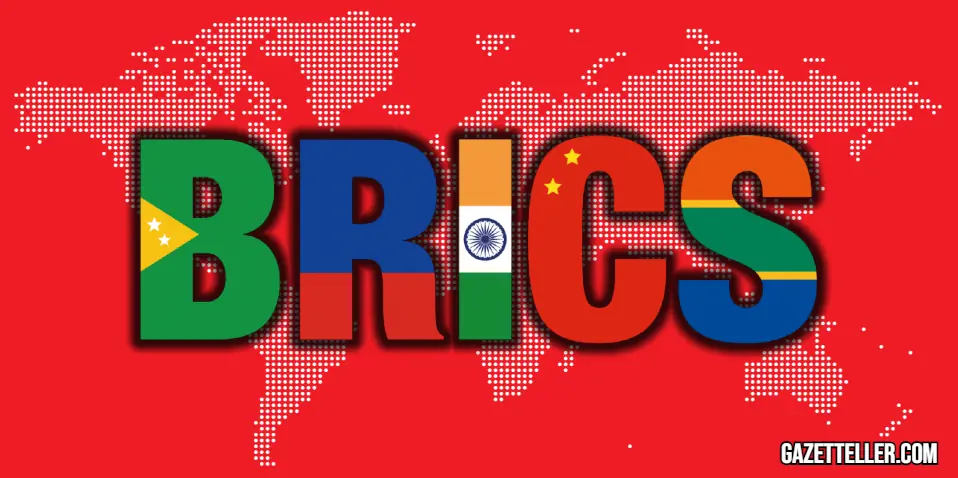“If you want a picture of the future, imagine a boot stamping on a human face… forever.” This chilling imagery, immortalized by George Orwell in his 1949 magnum opus, Nineteen Eighty-Four, is more than just a dystopian nightmare. It’s a stark reminder of the insidious forces that lurk in the shadows, manipulating the strings of global power.
Recent times have seen Orwell’s words, along with those of Aldous Huxley, reverberate through the corridors of discourse. But why? What is it about our current world that resonates so deeply with these prophetic authors?
Consider the U.S.’s global dominance since the Berlin Wall crumbled. It’s staggering, isn’t it? The sheer audacity with which America has maintained its grip, often without the world even realizing it, Through cultural, educational, economic, financial, and political channels, U.S. influence has seeped into the very fabric of societies worldwide. And the most bewildering part? The blatant repetitiveness of their tactics. As if reading from an old, worn-out playbook, they deploy the same strategies time and again. And when questioned? Their audacious response: “Because it works.“
Must see! – Unlock the Codes to Resist Global Manipulators and Shape Our Destiny!

But let’s not be naive. The world isn’t oblivious. The winds of change began to blow in 2003 when stalwarts like Germany and France stood up to the U.S., refusing to partake in the Iraq invasion. This defiance, a pivotal moment, hinted at the dawn of a multipolar world. Yet, the U.S., in its characteristic style, continued its global escapades, from Afghanistan to the ‘Arab springs‘, all under the expanding shadow of NATO.
But 2018 marked a seismic shift. Vladimir Putin’s announcement of Russia’s hypersonic weapons signaled a tectonic shift in global power dynamics. For the first time, Russia had the upper hand, strategically speaking. The age of unipolarity seemed to be waning. Yet, the U.S., in its hubris, struggles to accept its diminishing stature.
History is replete with tales of empires crumbling under their own weight. Decadence, deterioration, and overreach have been the bane of many great civilizations. Nikolai Danilevsky, the Russian thinker, viewed civilizations as organic entities with lifecycles. They are born, they mature, and eventually they perish. No civilization, he argued, represents the “End of History.“
Drawing from Danilevsky’s insights, it’s evident that civilizations, or “cultural historical types” as he termed them, have their own unique trajectories. Oswald Spengler, another luminary, echoed similar sentiments, emphasizing the cyclical nature of civilizations. Each culture, he believed, blossoms and withers in its own time.
But today, we stand at a unique crossroads. With two nuclear superpowers capable of annihilating the world, the stakes have never been higher. The boot that Orwell warned us about isn’t just a metaphorical threat anymore. It’s real, and it’s pressing down harder than ever.
Important! – Empires Rise and Fall: The Urgent Call to Prepare for a New World Order!

In this high-stakes game of global dominance, one can’t help but wonder: Are we heeding the warnings of the past? Or are we, as a civilization, hurtling towards a future where the boot becomes an inescapable reality?
The world stands on the brink. As the once-mighty powerhouses face a downward spiral, their potential to wreak havoc grows exponentially. The U.S., in its desperation, seems all too eager to fall into the Thucydides Trap with China, a historical pattern where a rising power causes fear in an established power, leading to conflict.
Yet, amidst the chaos, a New World Order is emerging. The BRICS nations and the Shanghai Cooperation Organization (SCO) are crafting an alternative to the West’s hegemony. This multipolar world, though in its infancy, promises a more balanced global power dynamic.
Related: URGENT!!! Tensions Rise Globally: The White Hats’ Decisive Battle That Will Shape Our Future – They Cannot Afford to Lose!
Despite the West’s attempts to extend its influence to the Far East and the Global South, it has largely been unsuccessful, with exceptions like Japan and South Korea. Sergey Lavrov, Russia’s seasoned diplomat, has consistently highlighted this shift. He laments America’s refusal to recognize the emerging multipolar world, emphasizing that the U.S. remains entrenched in its dictatorial policies and ultimatums.
Western media, with its corporate-driven agenda, has been quick to paint Russia as isolated, citing sanctions and UN General Assembly condemnations. They argue that only autocratic regimes support Russia, conveniently ignoring the numbers.
The world has already undergone monumental shifts. Economic cooperation has evolved into geopolitical alliances among the BRICS, SOC, and other nations. These countries continue to strengthen ties with powerhouses like Russia and China.
Urgent! – Trump’s Financial Master Plan: The Secret to Protecting Your Wealth in Today’s Volatile World!

The West’s perspective, rooted in colonial supremacy, is flawed. Their attempt to divide the world into “democracies” and “autocracies” is a clear reflection of their ‘divide and conquer‘ strategy. Josep Borrell’s unfortunate metaphor of the “EU as a garden vs. the rest of the world as a jungle” is a testament to this outdated worldview. Such divisive rhetoric, no matter how much it’s apologized for, only serves to alienate and further the divide.
This desperate attempt to maintain dominance is reminiscent of Machiavellian tactics, albeit dressed in 21st-century garb. And the looming threat of the U.S. being ensnared in the Thucydides Trap with China cannot be ignored.
If Europe, in its recklessness, loses its significant market in China and access to affordable Russian resources, and if companies are lured away by the U.S.’s Build Back Better incentives, Europe risks becoming a desolate wasteland. Borrell’s envisioned garden, rather than flourishing, may very well wither away.
In conclusion, the world is at a crossroads. The once-dominant powers are grappling with their waning influence while new alliances and powers rise.
It’s a shift that promises a more balanced world, but not without its challenges and conflicts.
As the tectonic plates of global power shift, one can only hope that cooler heads prevail and that the world moves towards a more equitable and peaceful future.





